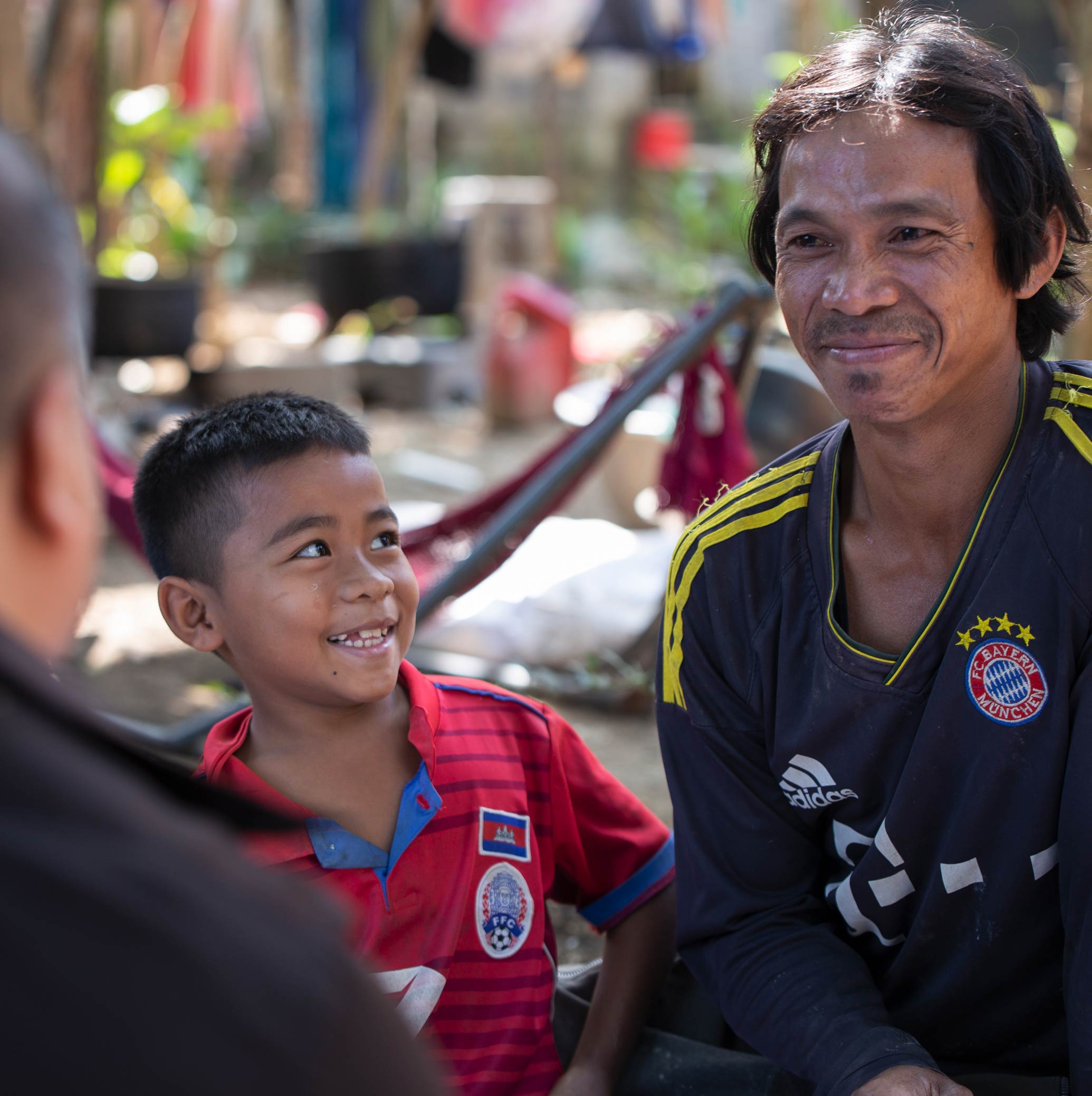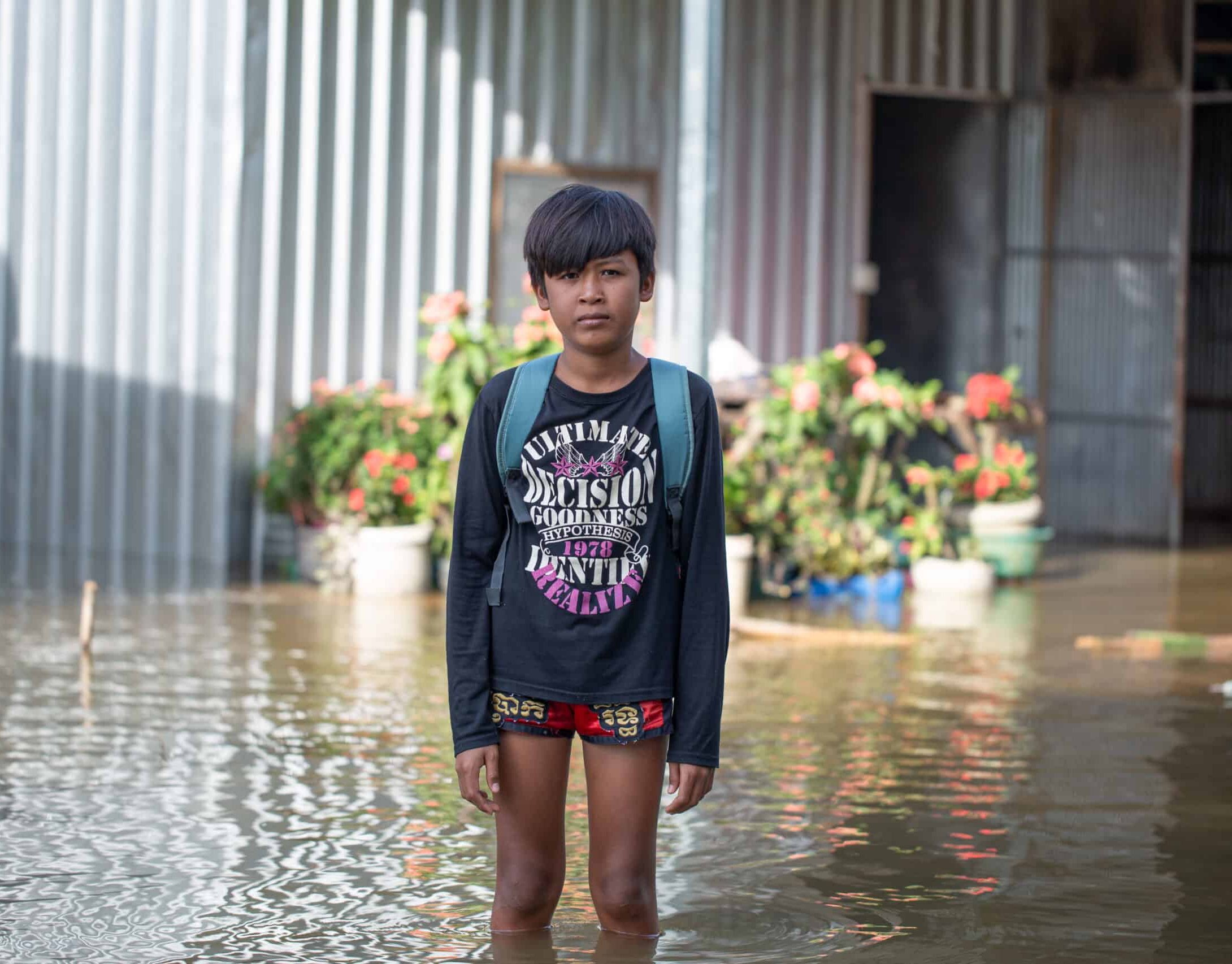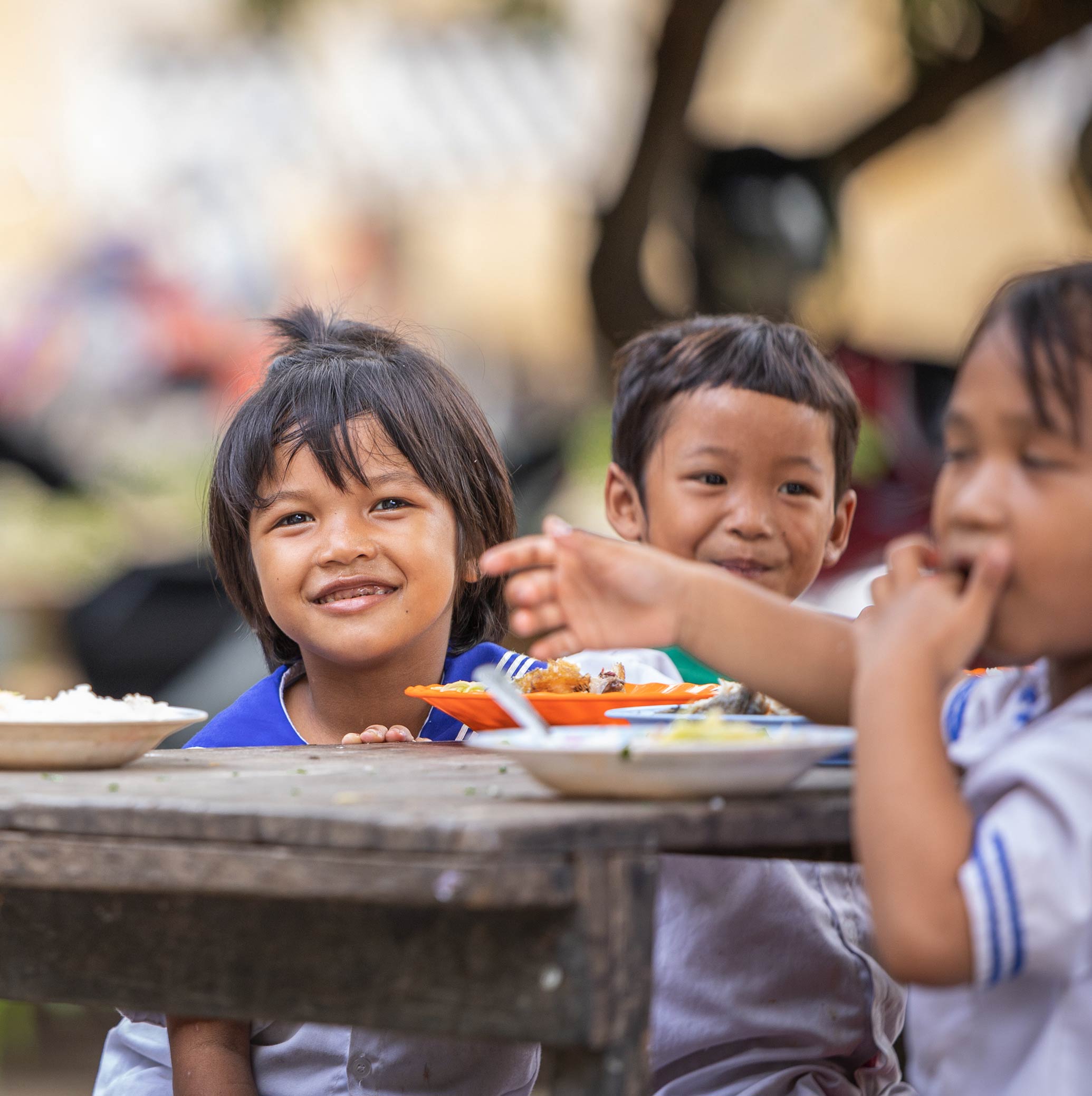Village Hive Project
A well-functioning social protection system should prevent the majority of people from ending up in crisis. While crisis response services aren't the primary focus of an upstream social protection system, they still play an important role to ameliorate harm and minimise the long-term impacts of trauma.
We are strengthening the Battambang District’s ability to respond to child protection cases and ensure that children are safe from all forms of harm, including emotional abuse, physical abuse, sexual abuse, neglect, family separation/institutionalisation, child labour and trafficking.
Senior social workers work alongside the Battambang District (OSVY) social workers to manage complex cases in two districts and increase their capacity to identify and respond to child protection cases. This is part of systems building for the empowerment and long-term sustainability of child protection work in Battambang.
Senior social workers use a strengths-based, family-driven approach to casework called Signs of Safety. They promote self-determination by partnering with families to cultivate a lasting network of support from trusted relatives, neighbours, and friends. Families are assisted in developing safety plans to overcome the challenges in their lives and ensure the ongoing safety and well-being of their children. By building strong relationships, social workers, families, their extended network of kin and local leaders work together to ensure children’s safety, stability, and healthy development.

We operate the only child protection hotline in Battambang. The hotline operates 24/7 to provide an immediate response to calls about children at risk.
It is a confidential service, allowing community members to raise any child protection concerns they have. Immediate emergency support ensures children are safe. Children requiring more extensive support are referred to senior social workers for longer-term case management.

If the safety needs of the child can’t be met in the care of their parents, senior social workers will work with the family network to find alternative care options that prioritise placements with relatives and friends with whom the child has an existing relationship before resorting to foster care.
Social workers support carers with necessary child protection training and financial support. Therapeutic counselling services are also provided to the child and family to ameliorate trauma.
CCT’s social workers ensure the voices of children are paramount in their case planning process. Children and youth in foster care are invited to join CCT’s Care Leaver Network, ensuring they are supported during the transition from alternative care to family-based care or independence.

The reintegration process has the greatest chance of success when it addresses the root causes of child-family separation and facilitates access to prevention and early intervention services. Intensive follow-up support is required to ensure the long-term success of the child’s transition to family-based care.
Supports and services include:
• Supporting caregivers with parenting skills, legal support, counselling, income generation, financial literacy, housing assistance and material support.
• Supporting children to access education, healthcare, trauma rehabilitation, counselling, life skills and care leaver support networks.
• Awareness raising on the harms of residential care and the benefits of family-based care, including the supports and services available to families in their communities.
